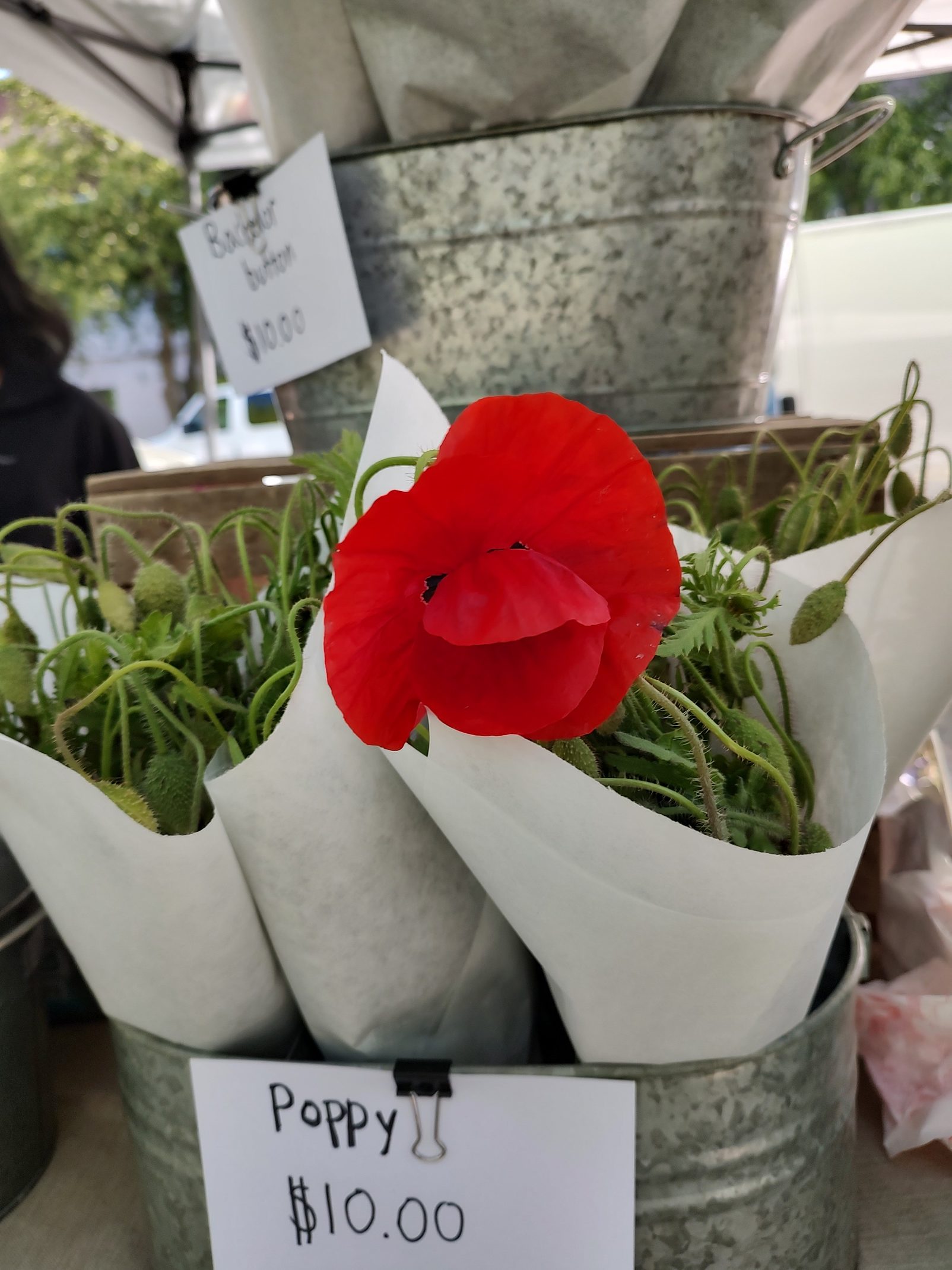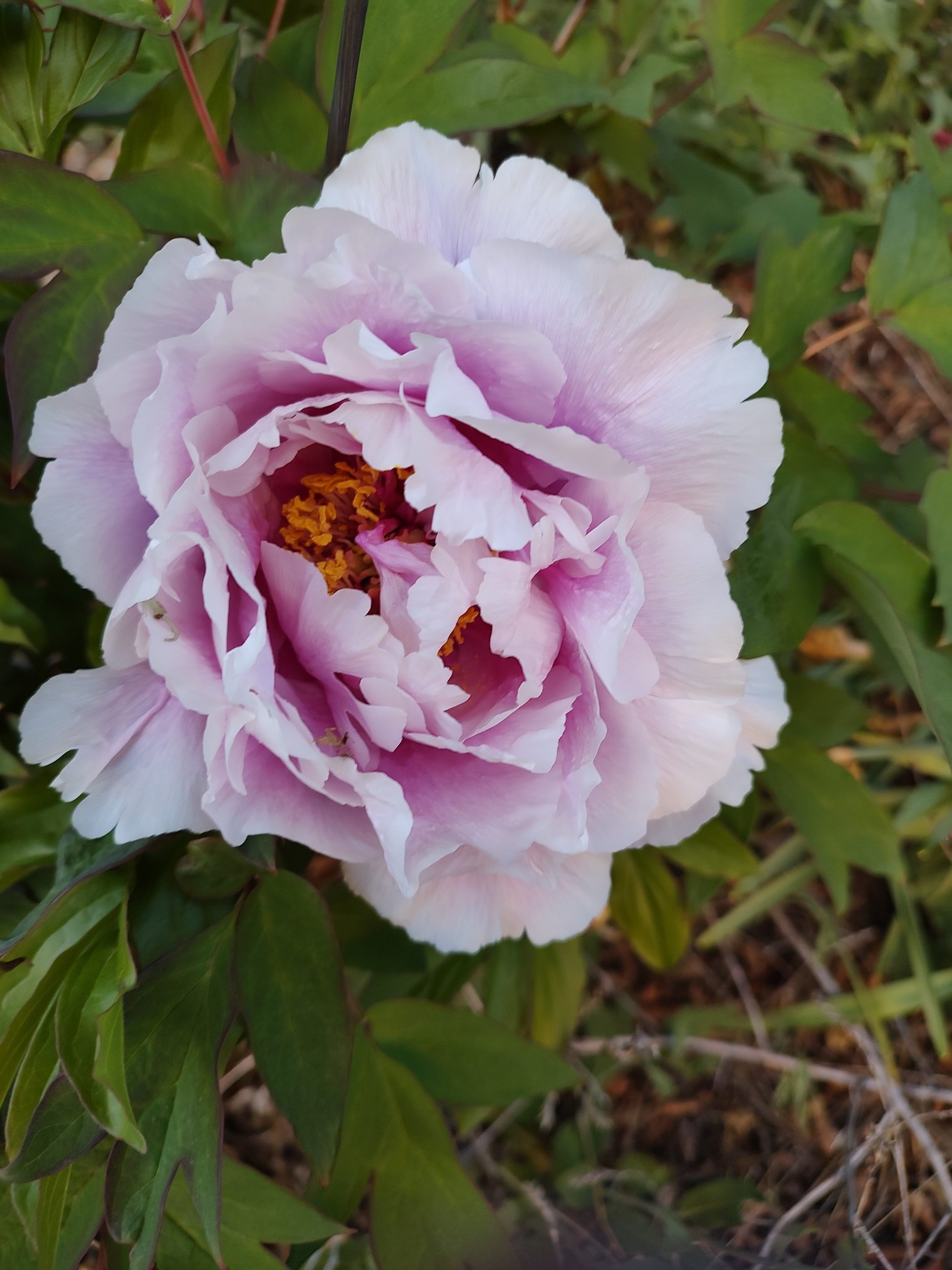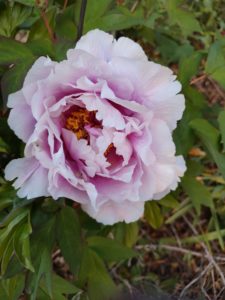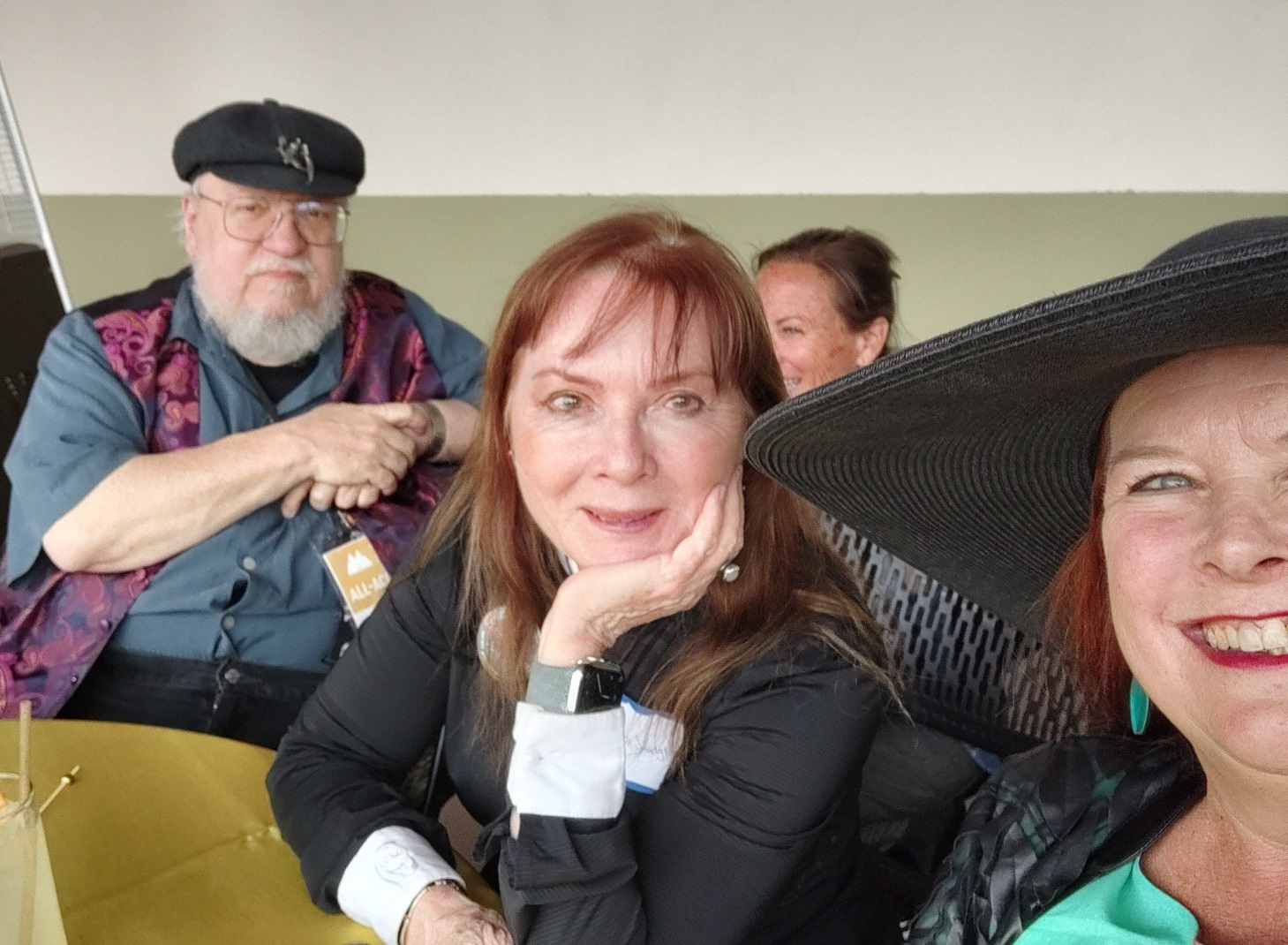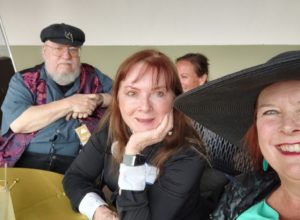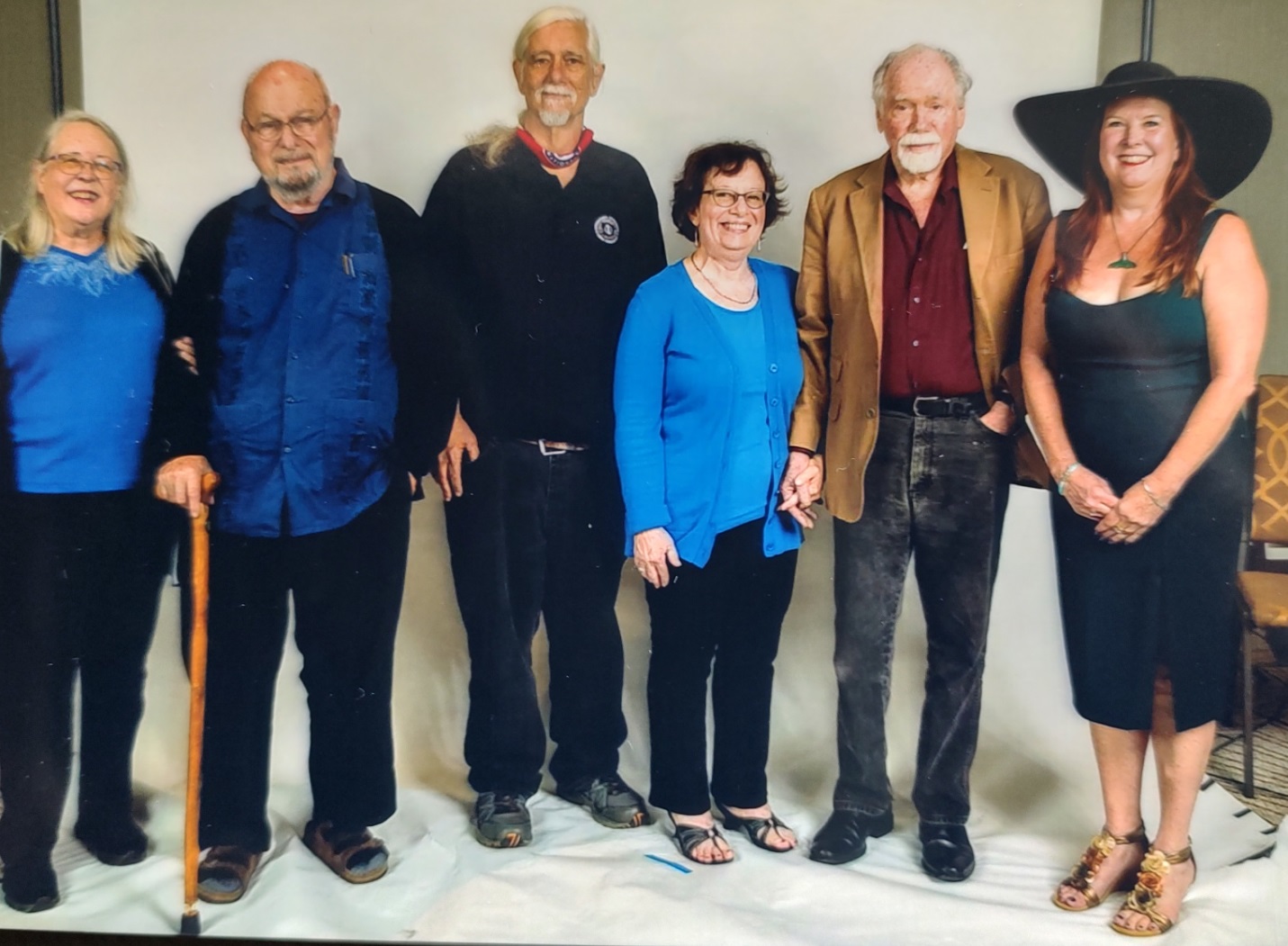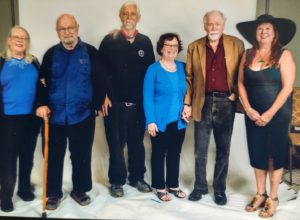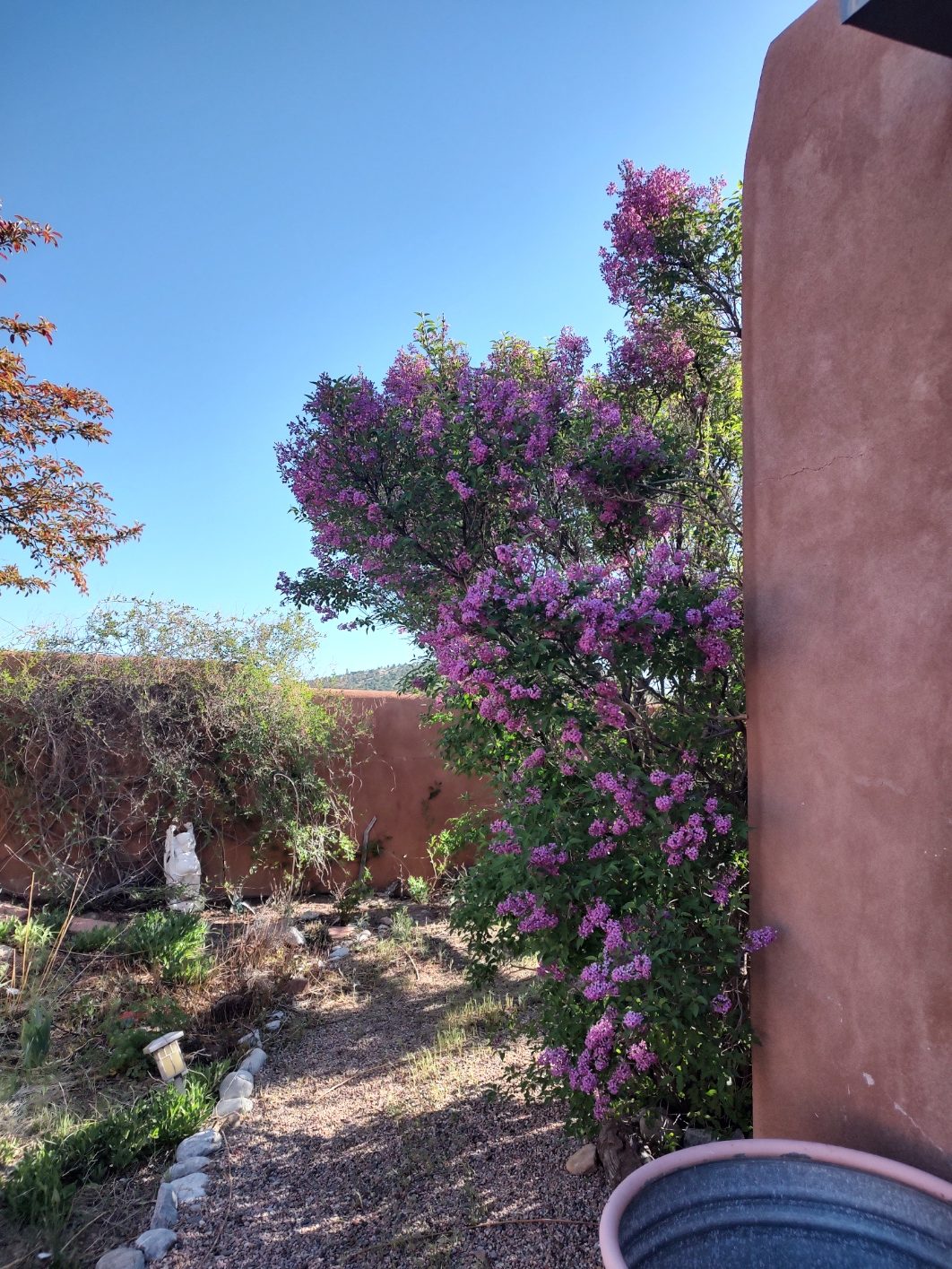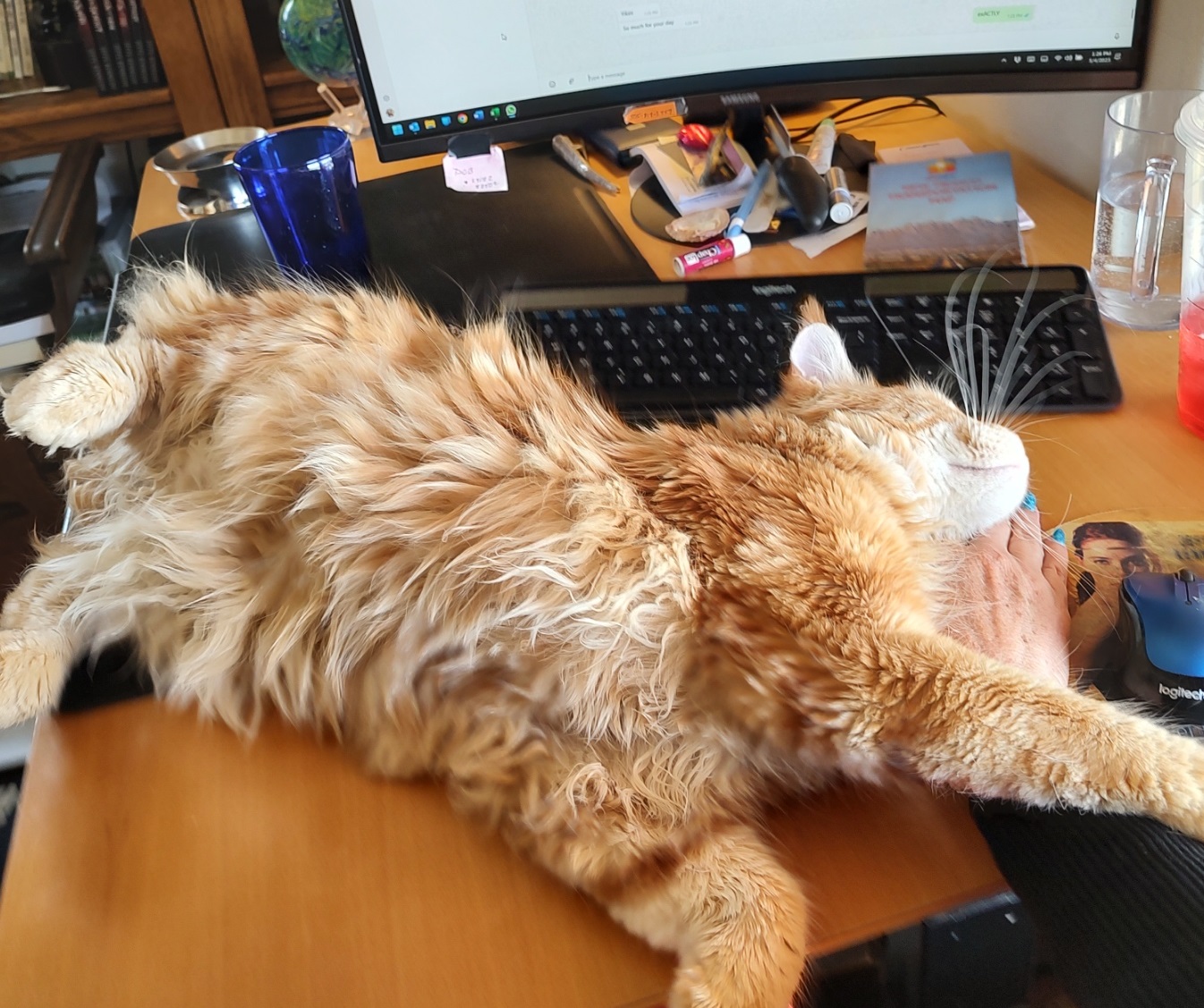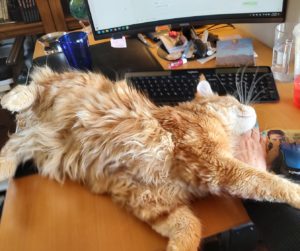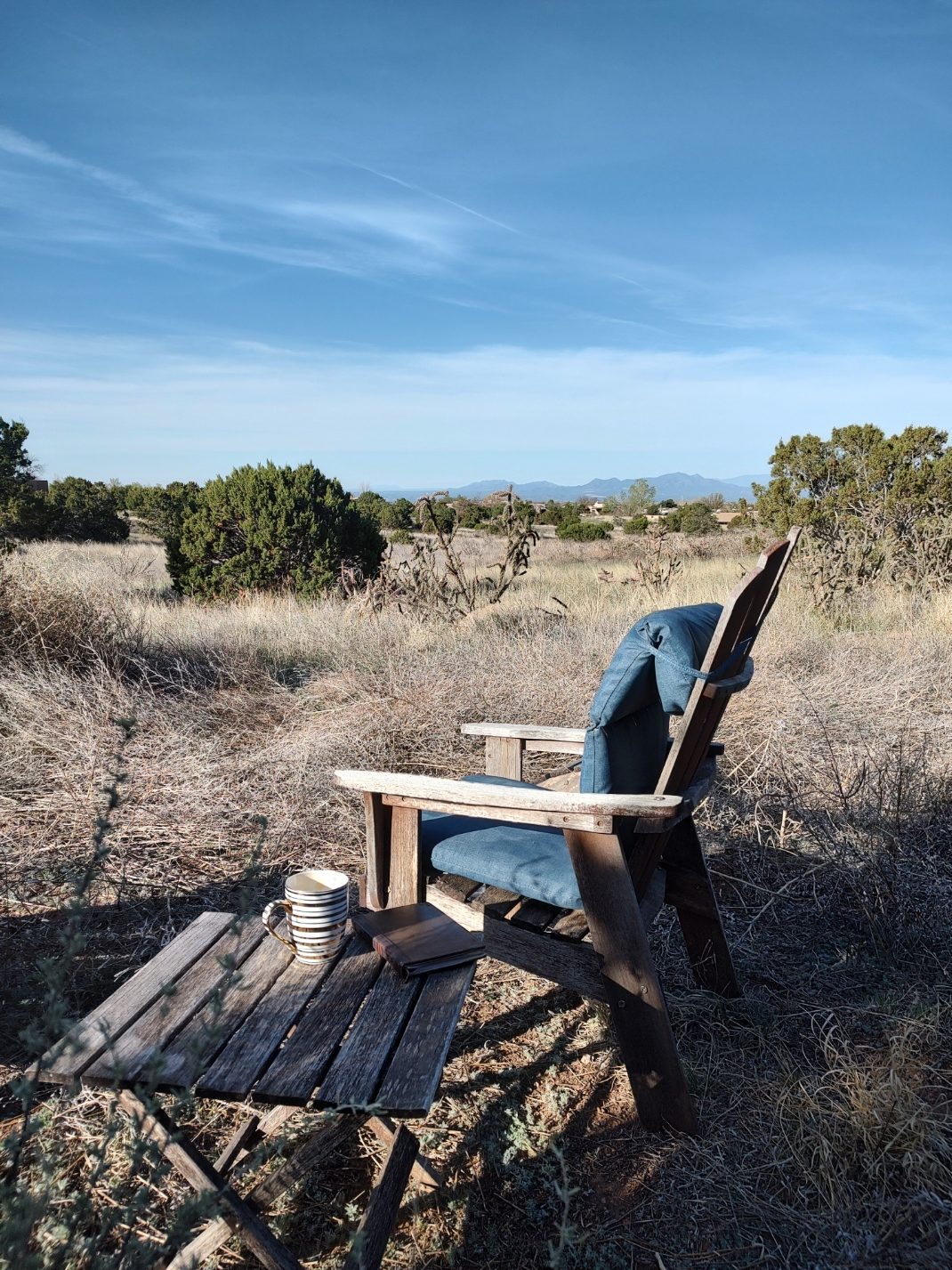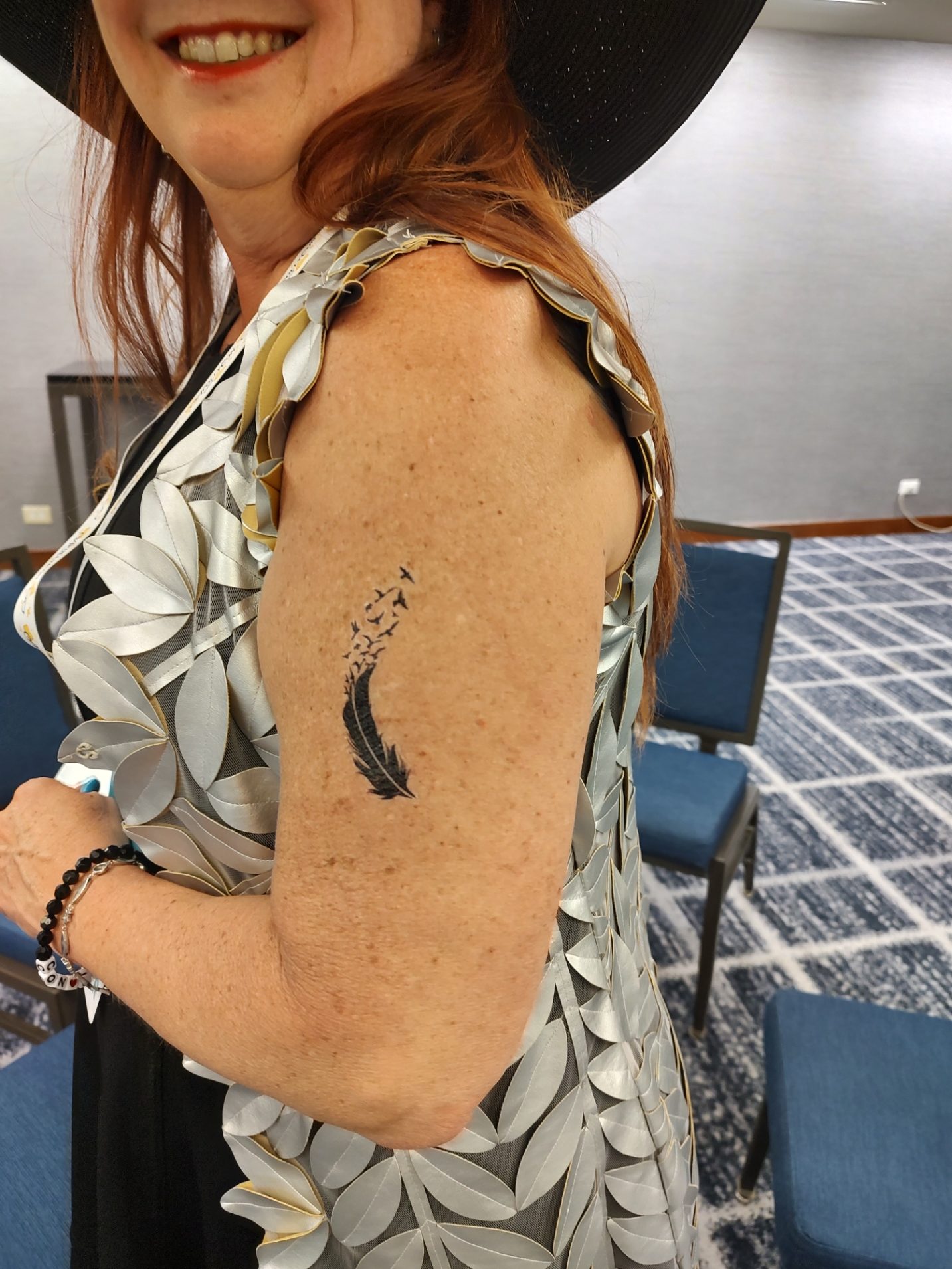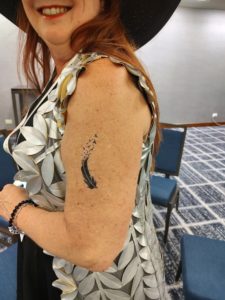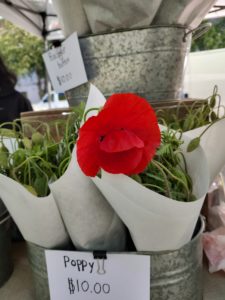
I just returned from WisCon, which was a delightful, warm, sort-of summer-camp version of a con. I had a great time. I also got to visit the farmer’s market and get a wonderful jump start on spring.
Our topic at the SFF Seven this week is: How to analyze genre expectations for your genre.
You know, I have one answer to this question, which is pretty much the same as what KAK said yesterday: READ.
I feel like people are often looking for the shortcuts in this business. And certainly there are the shovel-salesmen eager to sell the gold-miners the newest-fangled device that will make their job SO MUCH EASIER. So, sure – there are tools and surveys out there that purport to analyze trends and bullet-point the expectations of the hot genres.
But nothing substitutes for reading. And reading what’s current, as well as the canon the new stuff builds upon. Genre and the expectations readers bring to their reading are fluid and ever changing. I once advised an aspiring author – a woman who’d been very well published 20 years before, had a life-lull, and was looking to get back into it – who hadn’t read anything published in her genre in the last couple of decades. She couldn’t understand the feedback she was getting from agents and editors because her reading lens was calibrated to what amounted to ancient history genre-wise.
Also, reading refills the creative well. All writers begin as readers first. (At least, I hope so. A writer who doesn’t love reading seems to me like a fish who swims but doesn’t like water.) If you don’t have time to read, make the time. Replace watching shows or scrolling on your phone with READING. You don’t have to finish everything you read (I certainly don’t), but you should read at least some of what’s popular and what your readers are reading.
Did I mention read? Yeah: do that.
